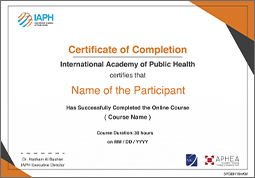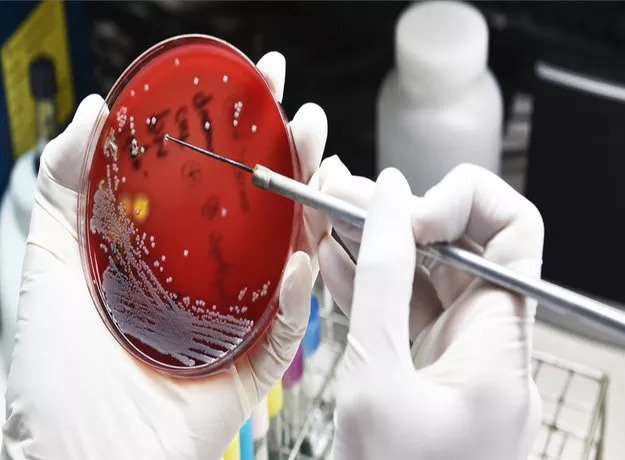Antimicrobial Resistance-Level 1
Description
It is important to recognize that laboratory work and clinical experience must be closely integrated; thus, laboratory-associated clinical duties are an essential component of the training program.
This course aims to provide candidates with a theoretical foundation as well as the practical, technical, clinical, and managerial skills required for health care professionals to detect and manage antimicrobial resistance.
Learning Outcomes
- Describe the basic classification/nomenclature system(s) of microorganisms
- List and compare common methods for isolation, identification and antimicrobial susceptibility testing of microorganisms
- State the basic mechanisms of antimicrobial resistance
- List those pathogenic microorganisms that currently present major treatment challenges due to antimicrobial resistance
- Describe strategies to identify problematic pathogens in a given institution and propose actions to address those challenges to patient care
- List guidelines for assembly of institutional antibiograms and describe potential pitfalls in interpretation of these reports
- Describe and list procedures utilizing antibiogram information to identify and track resistance problems, make appropriate antimicrobial formulary decisions, and to prepare optimal clinical pathways at a given institution
- Pathogenic Microorganisms
- Identification of Microorganism
- Antimicrobial Mode of Action
- Pathogen Isolation and Antimicrobial Sensitivity
- VITEK and PCR Tests
- Antimicrobial and Susceptibility Tests
- Disc Diffusion Method
Course Features
Type:
Self-Paced
Language:
English
Duration:
30 LH
Certificate

The participant will be awarded a certificate of successful completion upon completing the course.


